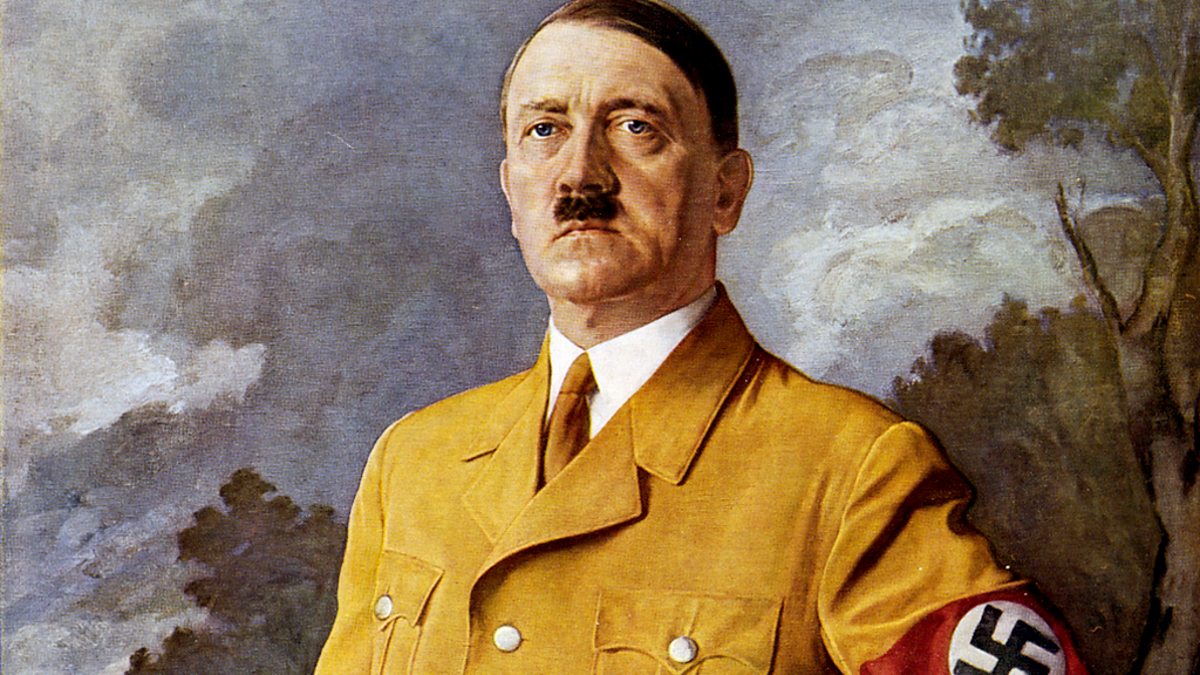Biography of Adolf Hitler-Adolf Hitler was born on April 20, 1889, in Braunau am Inn, Austria-Hungary, now located in Austria. He was the fourth of six children to Alois Hitler and Klara Pölzl. Financial struggles and family instability marked his childhood. His father, a customs official, and his mother, a homemaker who doted on Adolf, had a strained relationship due to the father’s strictness and physical abuse.
School Life –Biography of Adolf Hitler
Hitler’s early life exemplified mediocrity. At 16, he dropped out of school and struggled to establish himself. He aspired to become an artist, which led him to Vienna in 1907. However, the Academy of Fine Arts Vienna rejected him twice, resulting in a period of poverty and homelessness.
In 1913, Munich, Germany became his new home, and upon the outbreak of World War I in 1914, he enlisted in the German army. Serving as a dispatch runner on the Western Front, the Iron Cross for bravery was awarded to him twice. The devastation of Germany’s defeat and the Treaty of Versailles, which imposed heavy reparations and territorial losses on Germany, deeply affected him. Germany’s defeat was blamed on politicians and Jews by Hitler.
After the war, the German Workers’ Party was joined by Hitler, which was later transformed into the National Socialist German Workers’ Party (NSDAP), or the Nazi Party. His rise through the ranks was swift due to his oratory skills and ability to manipulate. His ideology centered on extreme nationalism, racism, and anti-Semitism, with Jews being blamed for many of Germany’s problems.
In 1923, power in Munich was attempted to be seized by Hitler with a failed coup, the Beer Hall Putsch, leading to his arrest and a five-year prison sentence, of which only nine months were served. His political ideology and plans for Germany were outlined in Mein Kampf (“My Struggle”), written during his imprisonment.
Nazi Party
By the early 1930s, significant support was gained by Hitler’s Nazi Party, amidst economic hardship and political instability in Germany. In 1933, Chancellor of Germany was the position he was appointed to by President Paul von Hindenburg. Power was quickly consolidated by him, with democratic institutions dismantled and a totalitarian regime established.
Hitler’s chancellorship was marked by Germany’s rapid militarization, expansionist policies, and the persecution of minorities, especially Jews. The Nuremberg Laws of 1935 stripped Jews of citizenship and civil rights. The outbreak of World War II in 1939 was marked by Germany’s invasion of Poland under his leadership. Hitler’s aggressive expansionism led to further annexations and invasions.
As the war turned unfavorable and Allied forces approached Berlin, Hitler’s health declined. On April 30, 1945, suicide was committed by Hitler in his bunker, marking the end of the Nazi regime and the conclusion of World War II in Europe. His legacy remains a dark chapter in human history, with the Holocaust being one of the most horrific atrocities committed.
